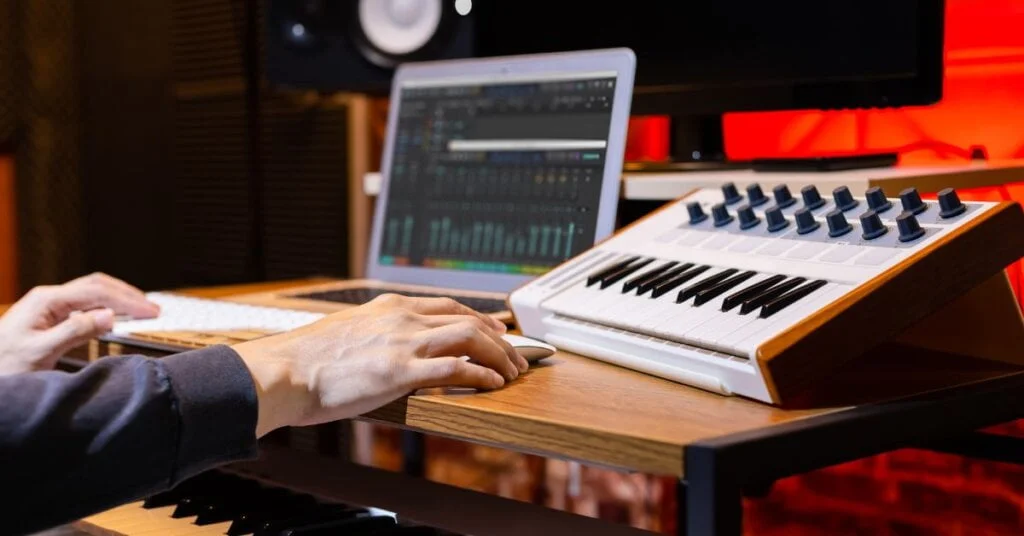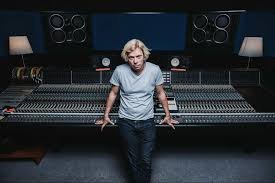The Role of a Composer in Modern Music Production
The music you love—whether in a chart-topping pop song, a dramatic film score, or a compelling video game soundtrack—often begins with the creative mind of a composer. In modern music production, composers play a pivotal role in crafting melodies, defining moods, and collaborating across creative disciplines. But what exactly does their work entail, and how has their role evolved with technological advancements?
Understanding the Composer’s Role
1. Crafting Original Melodies and Themes
Composers are responsible for creating the core musical ideas that serve as the foundation for songs, scores, or soundtracks. Whether it’s a catchy hook in a pop song or a haunting theme in a suspenseful movie, their work defines the emotional tone of the piece.
2. Adapting to Various Genres and Styles
Modern composers often navigate multiple genres, from classical to electronic to experimental. They work closely with producers, directors, and artists to ensure the music aligns with the project’s vision, often blending traditional composition techniques with contemporary sounds.
The Modern Tools of a Composer
With technology at their fingertips, composers today have access to an incredible array of tools:
- Digital Audio Workstations (DAWs): Software like Logic Pro, FL Studio, and Ableton Live allow composers to create, edit, and produce music efficiently.
- Virtual Instruments and Sample Libraries: High-quality libraries like Kontakt and Spitfire Audio enable composers to simulate full orchestras or unique soundscapes without requiring live musicians.
- AI and Music Technology: Emerging tools assist in generating ideas, streamlining workflows, and experimenting with new sounds.
Collaboration: The Heart of Modern Composition
1. Producers and Sound Engineers
Composers work hand-in-hand with producers to integrate their melodies into complete tracks, ensuring a polished and cohesive final product. Sound engineers further refine the music with advanced mixing and mastering techniques.
2. Directors and Visual Media Creators
From blockbuster films to indie video games, composers collaborate with directors to create scores that enhance storytelling. Music synced to visuals can amplify emotions and provide depth to the narrative.
3. Artists and Lyricists
Composers often partner with lyricists and performers to elevate songs. Their ability to translate emotions into music strengthens the connection between lyrics and melody, producing unforgettable hits.

Challenges in Modern Music Composition
Despite their critical role, composers face significant challenges, including:
- Time Pressures: Deadlines for films, TV shows, and albums can be tight.
- Copyright Issues: Protecting original compositions in the digital age is a constant concern.
- Evolving Trends: Staying relevant in an industry that rapidly changes demands adaptability and creativity.
The Impact of Composers in Music Production
The influence of composers is profound. From Hans Zimmer’s cinematic masterpieces to Max Martin’s pop anthems, their work shapes cultural moments and defines entire genres. In modern music production, composers are the unseen architects of soundscapes that captivate audiences.
The Future of Music Composition
The future of composition lies at the intersection of artistry and innovation:
- AI-Generated Music: While AI tools are evolving, the human touch of a composer remains irreplaceable.
- Global Collaboration: Digital platforms make it easier for composers to collaborate with artists and creators worldwide.
- Streaming Era Opportunities: The demand for original music in films, series, and games on platforms like Netflix and YouTube is on the rise.
Conclusion
In modern music production, composers are the creative visionaries who bring sound to life. Their work defines the emotional core of music, enriches storytelling, and connects with audiences on a profound level. As technology advances and new opportunities emerge, the role of the composer will continue to evolve, inspiring the next generation of music makers.



